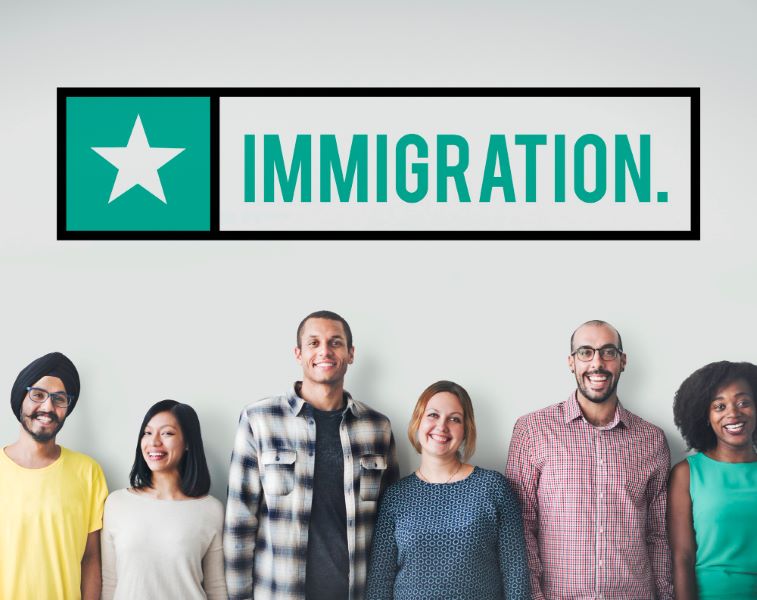Partially documented and undocumented immigrants in North America face a myriad of challenges and hardships that significantly impact their daily lives. These individuals often come seeking better opportunities, safety, or to reunite with family members but encounter numerous insurmountable obstacles due to their immigration status. Let’s highlight a minimum low fundamental daily challenges they face:
- Limited Access to Legal Rights and Protections: Undocumented immigrants often live in constant fear of deportation, which can lead to exploitation by unscrupulous employers, landlords, and others who take advantage of their precarious situation. They may hesitate to report abuse, harassment, or unsafe working conditions for fear of being reported to immigration authorities.
- Lack of Essential Services: Undocumented immigrants may be denied access to critical healthcare, education, and social welfare programs. This can lead to significant barriers in obtaining necessary medical care, education for children, and support in times of financial need.
- Employment Exploitation: Many undocumented immigrants are forced to work in low-wage, exploitative jobs with little job security or legal protections. They may be paid below minimum wage and often face unsafe working conditions. Their vulnerability makes them susceptible to wage theft and other labor exploitation.
- Limited Educational Opportunities: Undocumented students often face significant barriers to accessing quality education. They may be unable to attend public schools, and even if they can, they may be excluded from specific programs and opportunities due to their immigration status.
- Family Separation and Disruption: The immigration process can lead to separation, as some family members may have legal status while others do not. Children may sometimes be U.S. citizens while their parents are undocumented, creating a complex and stressful family dynamic.
- Lack of Financial Stability: With legal documentation, immigrants may be able to open bank accounts, establish credit, or secure loans. This limits their ability to build financial stability and can make them vulnerable to predatory lending practices.
- Language and Cultural Barriers: Many undocumented immigrants face language barriers that hinder their ability to access essential services and integrate into their communities. This can lead to isolation and difficulties in finding stable employment.
- Fear and Psychological Strain: Living with the constant fear of deportation and the uncertainty about the future can have severe psychological and emotional consequences. It can lead to high stress, anxiety, and depression among undocumented immigrants and their families.
- Limited Legal Remedies and Pathways to Citizenship: Partially documented and undocumented immigrants often face significant challenges in legalizing their status. The process can be complex, expensive, and time-consuming, and they may have limited avenues.
- Vulnerability to Discrimination and Hate Crimes: Undocumented immigrants are often subject to discrimination, xenophobia, and even hate crimes. They may be targeted based on their perceived immigration status, creating a hostile and unsafe environment.
It’s essential to recognize that the challenges undocumented immigrants face vary depending on individual circumstances, such as country of origin, length of residence, and local policies. Addressing these issues requires comprehensive immigration reform, policies prioritizing human rights, and efforts to foster inclusive communities that support all residents, regardless of their immigration status.

